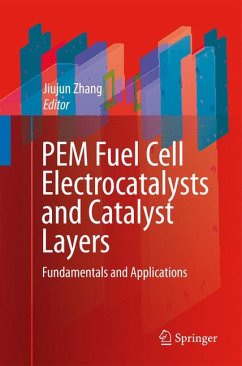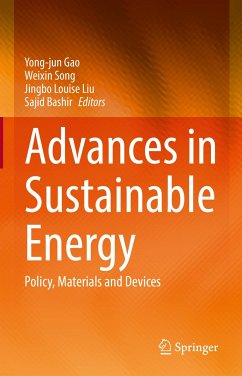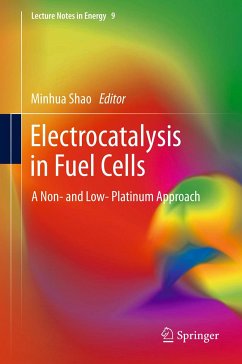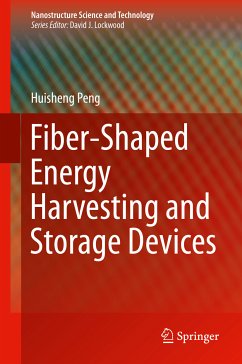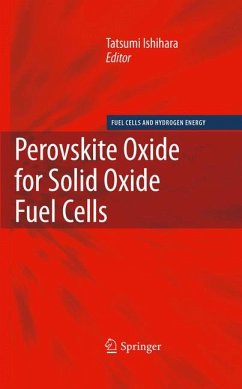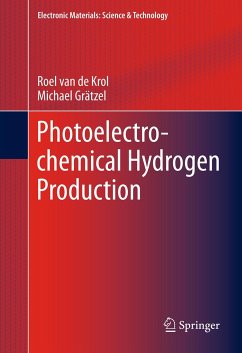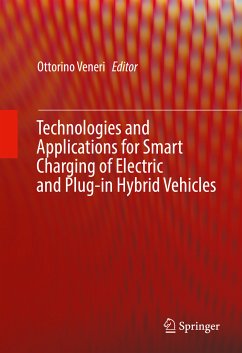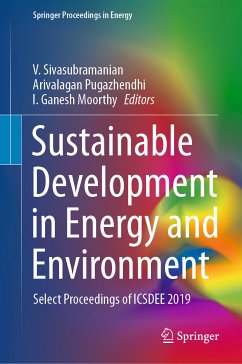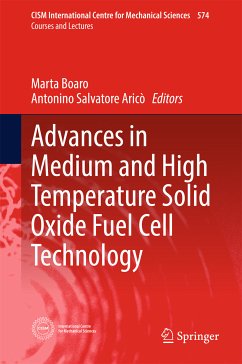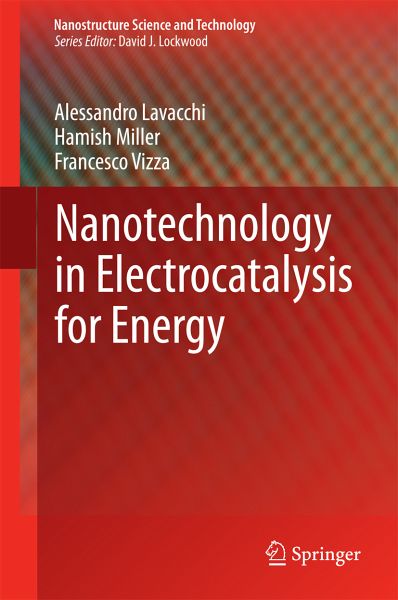
Nanotechnology in Electrocatalysis for Energy (eBook, PDF)
Versandkostenfrei!
Sofort per Download lieferbar
112,95 €
inkl. MwSt.
Weitere Ausgaben:

PAYBACK Punkte
56 °P sammeln!
This book focuses on nanotechnology in electrocatalysis for energy applications. In particular the book covers nanostructured electrocatalysts for low temperature fuel cells, low temperature electrolyzers and electrochemical valorization. The function of this book is to provide an introduction to basic principles of electrocatalysis, together with a review of the main classes of materials and electrode architectures. This book will illustrate the basic ideas behind material design and provide an introductory sketch of current research focuses. The easy-to-follow three part book focuses on majo...
This book focuses on nanotechnology in electrocatalysis for energy applications. In particular the book covers nanostructured electrocatalysts for low temperature fuel cells, low temperature electrolyzers and electrochemical valorization. The function of this book is to provide an introduction to basic principles of electrocatalysis, together with a review of the main classes of materials and electrode architectures. This book will illustrate the basic ideas behind material design and provide an introductory sketch of current research focuses. The easy-to-follow three part book focuses on major formulas, concepts and philosophies. This book is ideal for professionals and researchers interested in the field of electrochemistry, renewable energy and electrocatalysis.
Dieser Download kann aus rechtlichen Gründen nur mit Rechnungsadresse in A, B, BG, CY, CZ, D, DK, EW, E, FIN, F, GR, HR, H, IRL, I, LT, L, LR, M, NL, PL, P, R, S, SLO, SK ausgeliefert werden.




